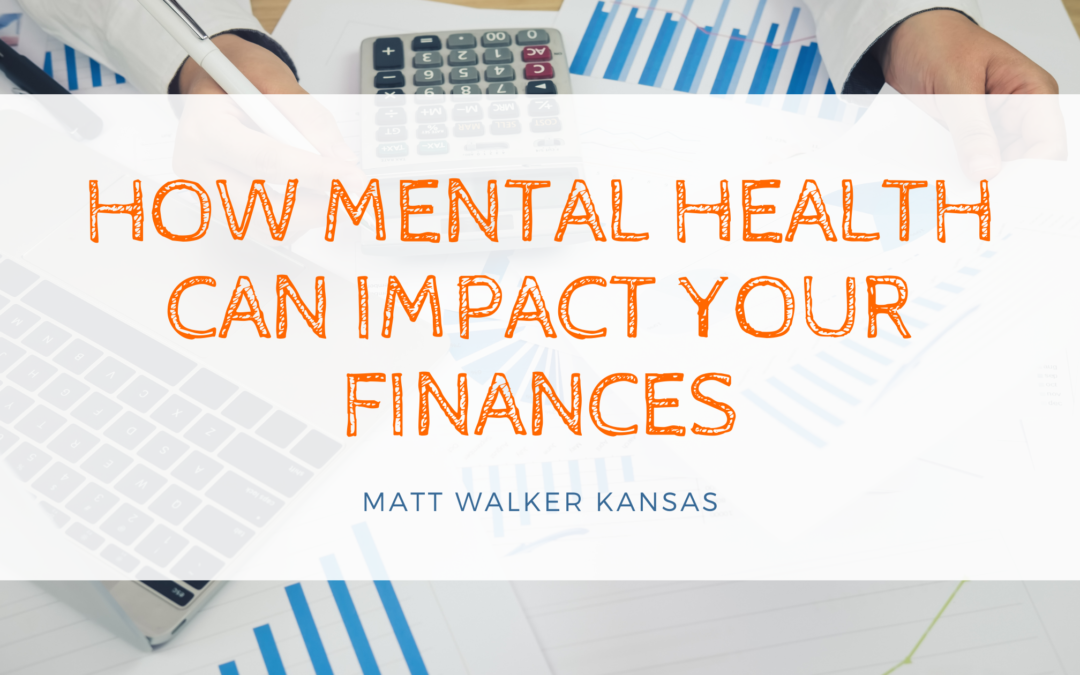Most individuals overlook mental health when it comes to personal finances. However, your mental health can have a massive impact on your financial stability. Here are a few ways that mental health can affect your finances:
- Excessive Spending
If you suffer from mental health issues like anxiety or depression, you may be more likely to overspend because some people with such conditions often try to cope with their feelings by shopping. While this may provide temporary relief, it can quickly lead to debt and financial instability. Compulsive buying disorder is a real thing, and it can be a severe problem for those who suffer from it.
- Impulse Control Issues
If you have impulse control issues, you may find it difficult to resist the urge to spend money, leading to credit card debt and other financial problems. People with impulse control issues often struggle to stick to a budget, making it difficult to save money or make ends meet.
- Limited Retirement Savings Due To Depression
Depression can have a significant impact on your finances. Depressed people can sometimes have trouble keeping a job, leading to a limited income, making it more difficult to save for retirement or pay bills on time. Depression can also lead to a loss of motivation, influencing your ability to make sound financial decisions.
Accept Your Feelings
It’s essential to accept your feelings to overcome them. If you’re feeling depressed, anxious, or stressed about your finances, it’s vital to seek professional help to get your mental health back.
Create a savings plan
Creating a savings plan is important to help you stay on track and make sound financial decisions if you’re feeling overwhelmed by your finances. A savings plan can help set aside money for unexpected expenses and give you a goal to achieve.
Consult a Therapist
If you’re struggling to manage your mental health and finances, it may be helpful to consult a therapist. A therapist can help you to understand your feelings and work through them. It’s a beneficial step in getting your finances back on track.
Money Anxiety and Fear
The problem makes it difficult to make sound financial decisions. If you’re feeling anxious or afraid about your finances, a therapist who can help you understand your feelings and work through them. It’s a helpful step in getting your finances back on track.
Bottom Line
It’s essential to manage your emotions when it comes to your finances. Observe self-care through enough sleep, meditating, and exercise. Seek professional help to understand your feelings.

